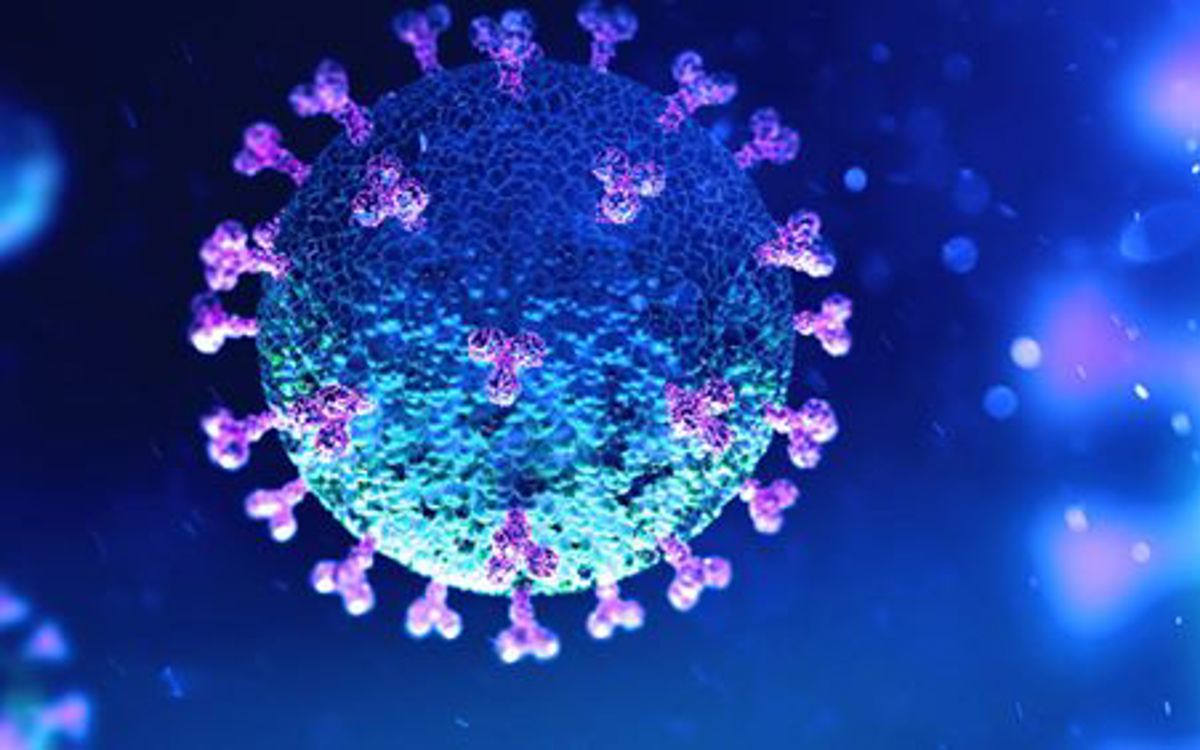
ESE: Raising awareness of the links between endocrinology and COVID-19
During the challenging period of the COVID-19 pandemic, ESE recognised the hard work and dedication of endocrinologists across the world as they strived to support their patients and develop new care pathways. Our own efforts focused on raising awareness of the links between endocrinology, COVID-19 and metabolic diseases at the EU level.
Read the condensed position paper
Note: After additional feedback from experts, the reference to people suffering from auto-immune thyroid disease as a population that would face an increased risk of and/or from infection has been deleted as there is no clear evidence to support this.
A follow-up statement about a specific concern for the millions of patients suffering from thyroid related disorders has been erroneously attributed to the article Endocrinology in the time of COVID-19: management of hyperthyroidism and hypothyroidism; Boelaert K et al, Eur J Endocrinol. 2020 Jul:G33-G39, and has been deleted.
- European Commission coronavirus response can be found here.
- EU4Health Programme Factsheet.
- Q&A on the EU4Health Programme.
- Health for the EU Booklet (selection of actions funded under the third EU health programme).
- European Research Area (ERA) Coronavirus Platform.
European Society of Endocrinology (ESE)’s statement concerning COVID-19 vaccination: ‘follow the same recommendations for patients with stable endocrine disorders as for the general population’ (02 February 2021)
It has come to ESE’s attention that patients with endocrine disorders like autoimmune thyroiditis, have been declined to receive a COVID-19 vaccination. This has prompted ESE to release the following information.
Trials that have led the European and US American health authorities EMA and FDA to authorize the first two vaccines included more than 40.000 and 30.000 volunteers, resp., aged from 16 to over 75 years of age. Among them were patients with diabetes, obesity, malignancies, HIV, chronic pulmonary disease as well as cerebrovascular and liver disease in stable health condition. Efficacy and safety were comparable in these patients to healthy subjects. In addition, the US Centers of Disease Control and Prevention state that persons with autoimmune conditions who have no contraindications to vaccination may receive an mRNA COVID-19 vaccine.
ESE therefore stresses that the recommendation for the COVID-19 vaccination in patients with stable endocrine disorders like autoimmune thyroiditis, Grave’s disease, Addison’s disease, pituitary adenomas, diabetes type 1 and 2 and obesity should not be different from the one for the general population. Patients with adrenal insufficiency should be informed that in case of side effects like fever sick day rules should be followed.
A downloadable version of this statement can be found here.
Anton Luger, ESE ExCo member responsible for ECAS
Andrea Giustina, ESE President
Robin Peeters, ESE Clinical Committee Chair, on behalf of ESE’s Clinical Committee